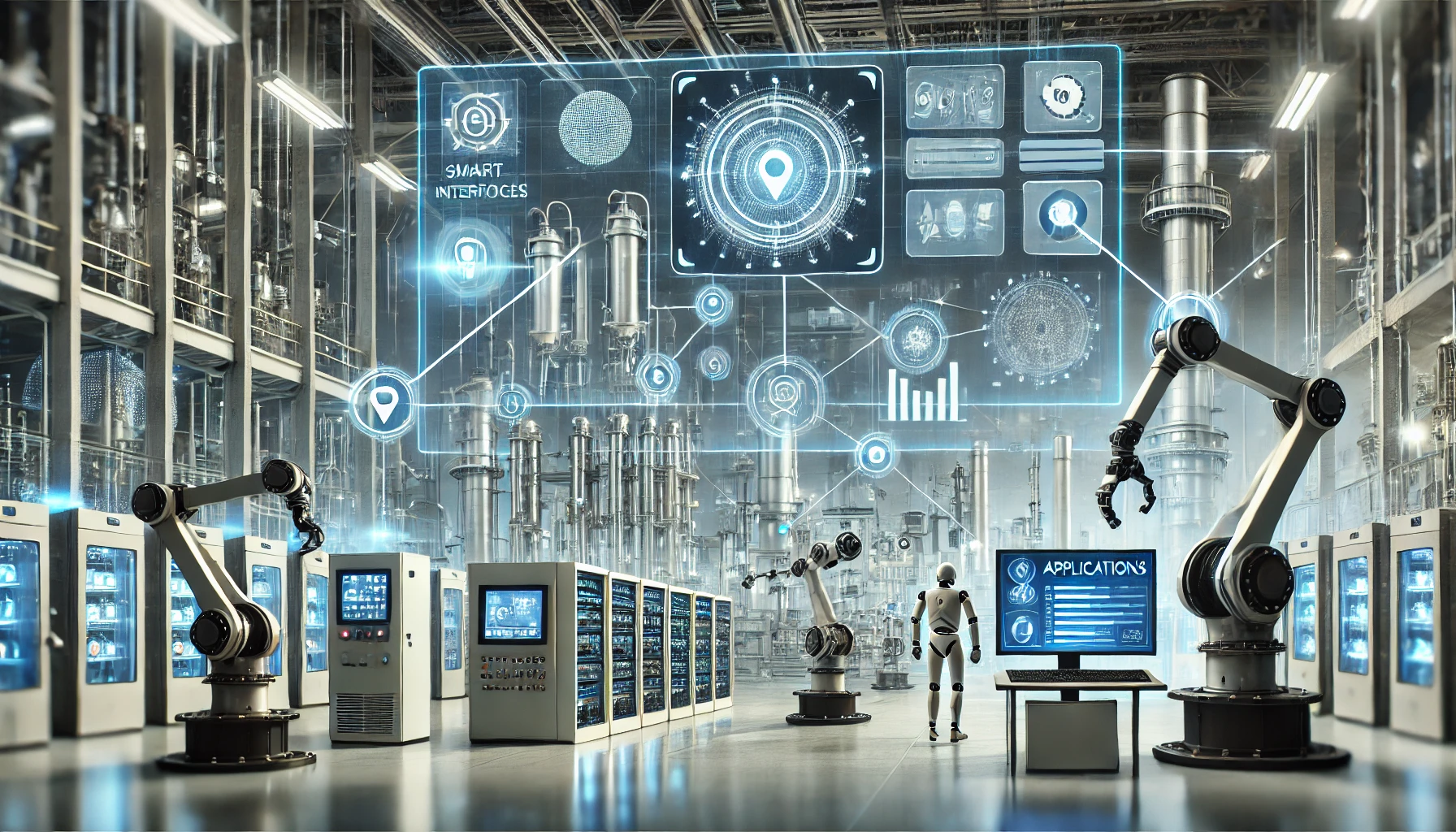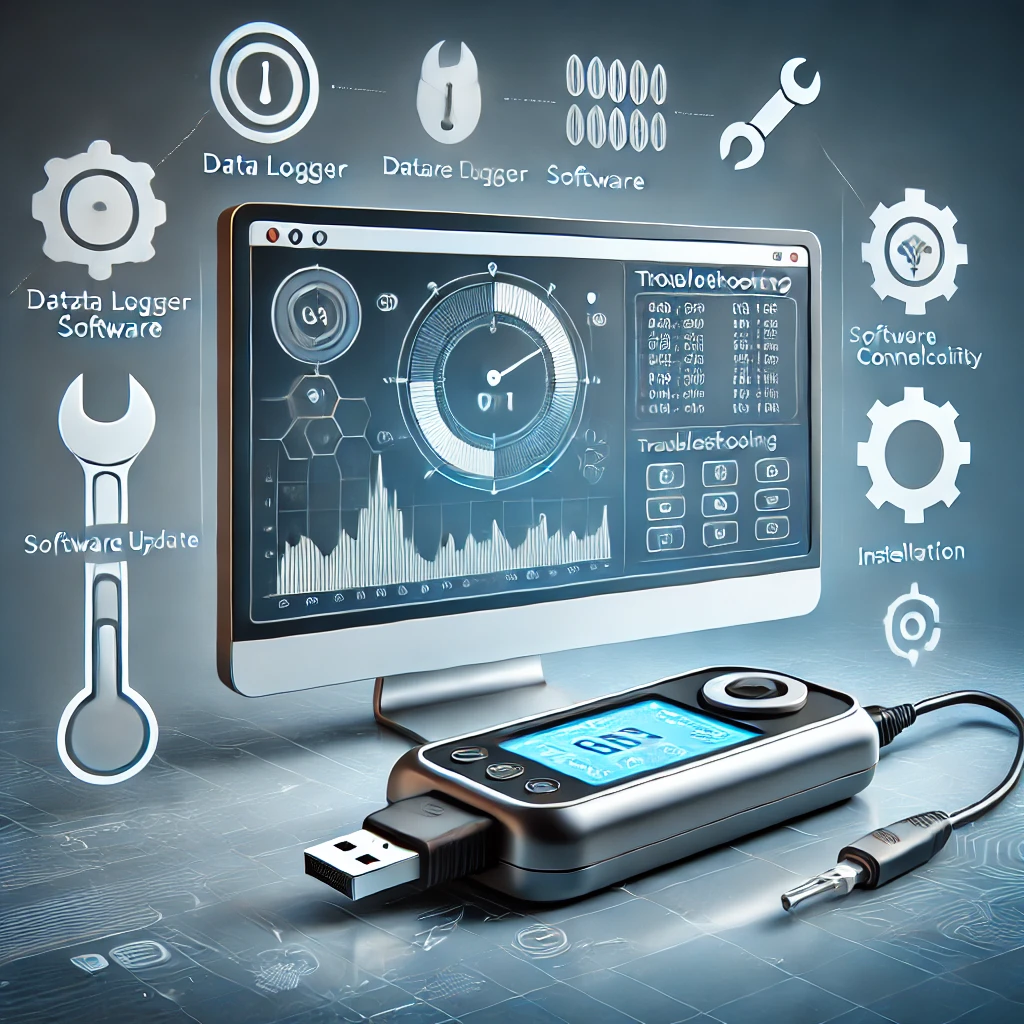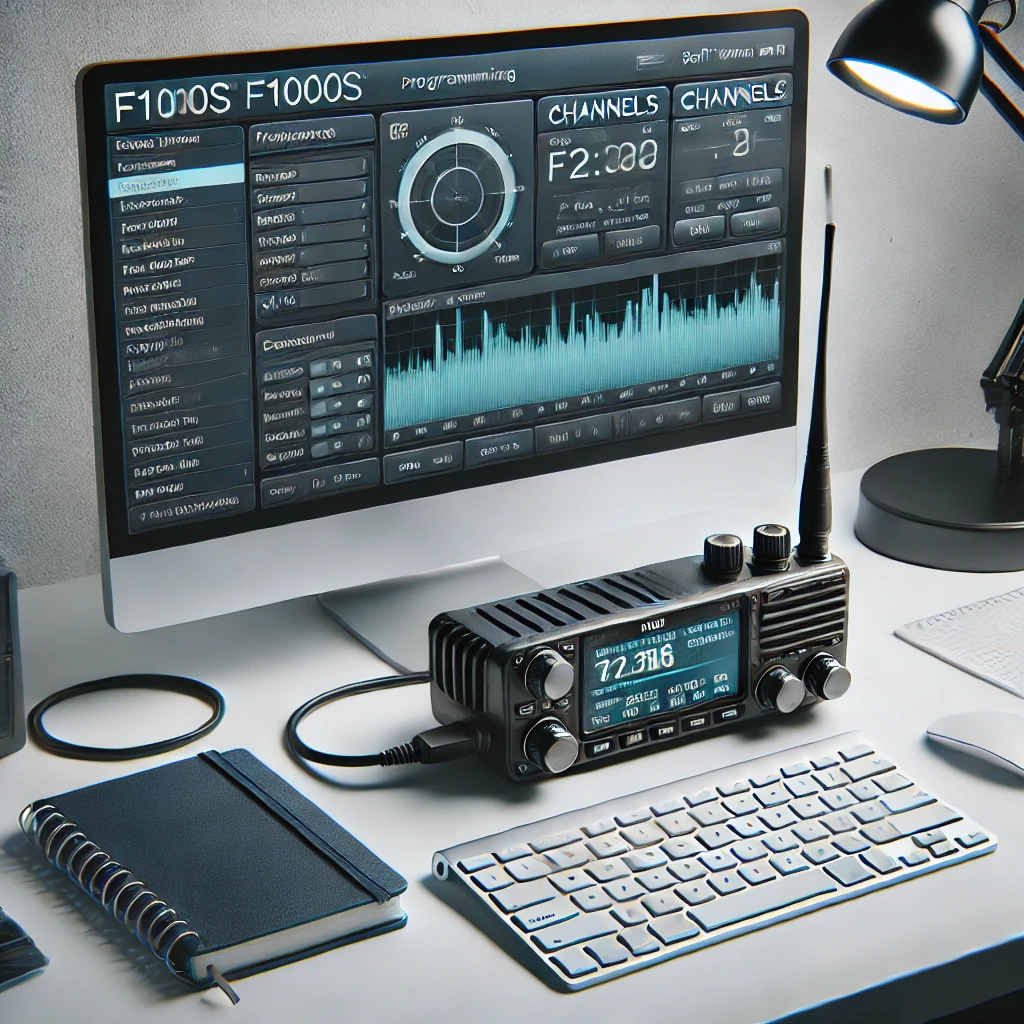Introduction to Advanced Control Technology
In today’s world, control technology plays an indispensable role across various sectors, ensuring systems operate with precision, efficiency, and safety. From its early applications in basic machinery to the sophisticated systems we see today, control technology has evolved to meet the demands of increasingly complex industrial, commercial, and even everyday applications. This evolution reflects humanity’s ongoing drive to improve automation, productivity, and reliability in all aspects of operation.
Control technology is integral in modern industries because it enables automated processes to function with minimal human intervention, reducing errors, increasing safety, and optimizing resources. This is particularly vital in industries where precision and reliability are essential, such as manufacturing, energy, and robotics. Today, we are witnessing a new era marked by advanced control technology, which incorporates cutting-edge methods to further enhance control systems and meet rising demands for intelligent and adaptable systems.
What is Advanced Control Technology?
Advanced control technology refers to the application of sophisticated computational and algorithmic methods that go beyond conventional control techniques. This advanced approach is characterized by key components such as predictive algorithms, adaptive mechanisms, and robust feedback systems, which allow for greater adaptability and precision in control applications. At its core, advanced control technology seeks to not only respond to changes in system conditions but also to anticipate and optimize responses in real time.
Types of Control Systems
Several types of advanced control systems have emerged to meet the demands of various applications:
- Adaptive Control: Adapts to changing conditions or variations in system parameters, making it ideal for applications with dynamic operating environments.
- Predictive Control – Uses models to forecast system behavior and optimize responses accordingly, especially useful in processes where accurate forecasting can minimize disruptions.
- Robust Control: Designed to maintain performance despite uncertainties or external disturbances, essential for critical applications where consistent output is non-negotiable.
These control systems are the backbone of advanced control technology, enabling innovations across diverse fields.
Key Applications of Advanced Control Technology
The influence of advanced control technology extends across various industries:
- Industrial Automation: Enables high levels of automation in manufacturing, allowing for greater consistency, reduced human intervention, and optimized production processes.
- Robotics and Autonomous Systems: Powers robots and autonomous vehicles, enhancing their ability to make decisions, adapt to environments, and operate safely alongside humans.
- Energy Systems and Smart Grids: In energy sectors, control systems enable efficient grid management, optimize energy usage, and facilitate renewable energy integration.
These applications highlight the versatility and transformative impact of advanced control technology in shaping more efficient and intelligent systems.
Benefits of Implementing Advanced Control Systems
Industries implementing advanced control systems gain several key benefits:
- Improved Efficiency and Productivity: Automation minimizes waste and maximizes output, leading to greater efficiency across operations.
- Enhanced Precision and Accuracy: Advanced control techniques help in achieving fine-tuned accuracy, which is critical for high-stakes sectors like aerospace, pharmaceuticals, and electronics.
- Cost Savings and Optimization – By reducing resource consumption, waste, and maintenance costs, control technology offers substantial long-term financial benefits.
Technological Advancements Driving Control Systems

Recent innovations are transforming control technology into even more powerful tools:
- AI and Machine Learning Integration: By leveraging AI, control systems can learn from data, make informed predictions, and improve autonomously.
- Real-Time Data Processing and IoT: The Internet of Things (IoT) and advanced sensors allow for continuous monitoring and real-time control adjustments, enhancing responsiveness.
- Cloud Computing in Control Systems: Cloud technology gives control systems greater computational power, accessibility, and data storage capabilities, enabling centralized control and analysis.
- Challenges in Advanced Control TechnologyWhile advanced control technology offers significant benefits, implementing it comes with a unique set of challenges. The complexity of implementation is a primary obstacle. Advanced control systems often require intricate design and detailed customization to fit specific processes, demanding both expertise and resources. Configuring such systems can be time-consuming and resource-intensive, especially in industries with highly specialized requirements.
- Another considerable challenge is integration with legacy systems. Many industries rely on existing infrastructure that may be outdated or incompatible with new control technologies. Bridging this gap often involves complex retrofitting or complete system overhauls, which can disrupt operations and lead to substantial costs. Finding a balance between preserving operational continuity and adopting new technology is a common hurdle in advanced control technology implementation.
- Data security concerns also loom large as advanced control systems increasingly rely on IoT devices and cloud computing. With large amounts of data flowing across networks, vulnerabilities can arise, putting sensitive information and critical operations at risk. Cybersecurity measures must be robust and continually updated to protect control systems from potential threats, adding another layer of complexity to the process.
Future Trends in Advanced Control Technology
As technology advances, several exciting trends are shaping the future of advanced control systems. The role of AI and quantum computing is particularly promising. AI enables predictive capabilities and self-learning systems, allowing for unprecedented levels of automation and optimization. Quantum computing, though still in its early stages, holds the potential to solve complex optimization problems at speeds far beyond traditional computing capabilities. This could lead to breakthroughs in real-time control and system performance.
Another critical trend is autonomous systems and their impact on control. With the development of autonomous vehicles, drones, and robots, control technology must evolve to support self-governing, adaptable systems that can function safely without constant human intervention. Advanced control systems equipped with AI, sensors, and real-time processing capabilities are pivotal in making autonomy a reliable reality.
The emergence of decentralized control architectures is also transforming the landscape. Traditionally, control systems were centralized, but as operations scale up and become more distributed, decentralized architectures are gaining traction. Decentralized control enables parts of a system to operate independently, making systems more resilient, adaptable, and capable of local decision-making. This approach aligns well with trends in industries moving toward smart factories, microgrids, and modular systems.
Conclusion
In summary, advanced control technology is reshaping industries by enhancing automation, accuracy, and efficiency. Despite challenges like integration complexity and data security, the benefits of advanced control systems—such as improved productivity, precision, and cost savings—make them invaluable to modern operations. Looking ahead, ongoing innovations in AI, quantum computing, and decentralized architectures promise to further elevate the capabilities of control systems. As industries continue to evolve, advanced control technology will undoubtedly remain a driving force, fostering smarter, safer, and more sustainable operations across sectors.
Short FAQs on Advanced Control Technology
Q1: What is advanced control technology?
It’s a sophisticated approach to control systems, using predictive, adaptive, and robust techniques to improve performance, precision, and automation beyond conventional methods.
Q2: What types of advanced control systems exist?
Key types include adaptive control (adapts to change), predictive control (forecasts and adjusts), and robust control (maintains performance amid disturbances).
Q3: Why is advanced control important for industries?
It increases automation, accuracy, and efficiency, making it essential for sectors like manufacturing, energy, and robotics.
Q4: What industries benefit most from advanced control?
Industrial automation, robotics, and energy systems, especially in applications needing high precision and adaptability.
Q5: What challenges come with implementing advanced control systems?
Challenges include the complexity of setup, legacy system integration, and data security issues.
Q6: How does AI enhance advanced control?
AI enables predictive capabilities and continuous improvement, allowing systems to learn from data and adapt autonomously.
Q7: What is decentralized control architecture?
It allows parts of a system to operate independently, making it more resilient and adaptable, especially in distributed operations.
Q8: What future trends are shaping advanced control technology?
Key trends include AI and quantum computing, autonomous systems, and decentralized control.
Q9: How does advanced control save costs?
It reduces waste, optimizes resource use, and minimizes manual intervention, lowering overall operational expenses.
Read more about Technology











Leave a Reply